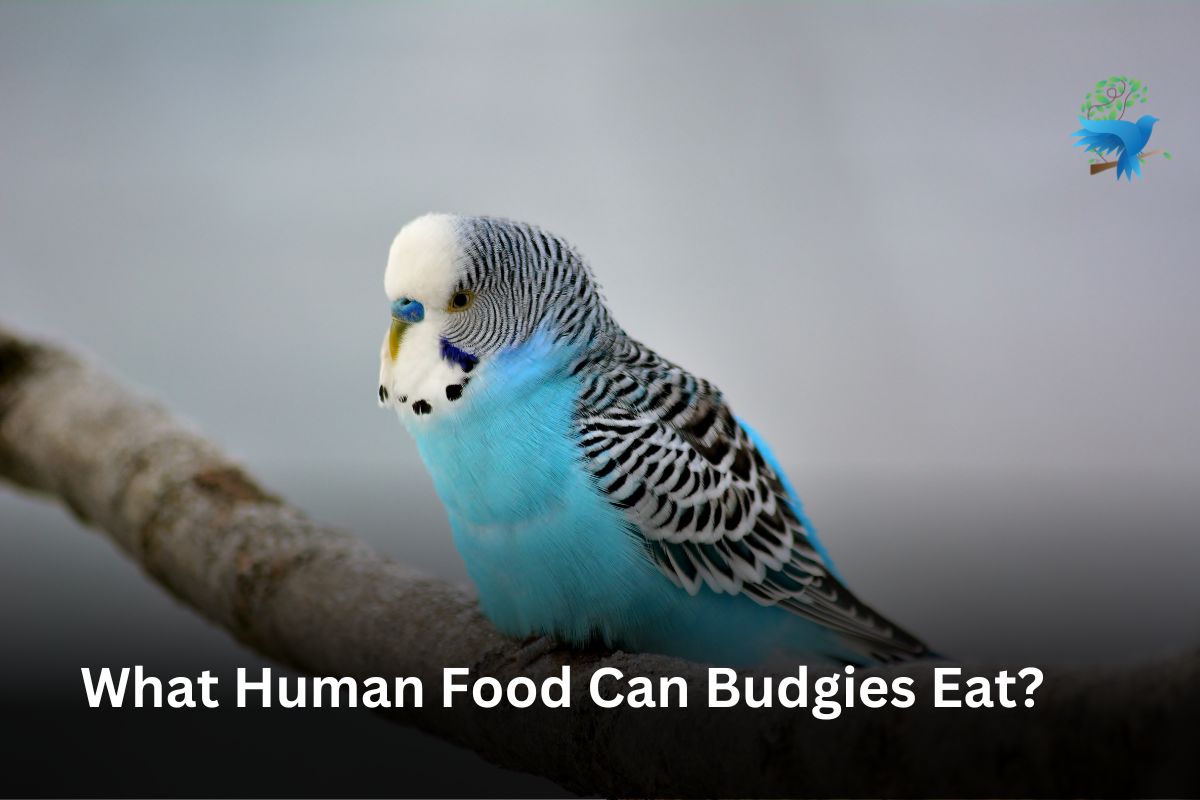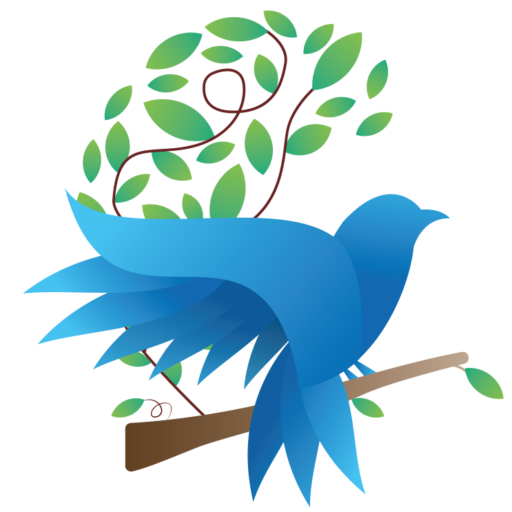What Human Food Can Budgies Eat?

Budgies are social and playful companions that bring joy to many households. As responsible pet owners, it is crucial to provide them with a balanced diet that meets their nutritional needs. While a seed diet may be the staple food for budgies, it is essential to incorporate other foods into their diet as well.
What Human Food Can Budgies Eat? | Human Foods Safe For Budgies
Did you know that budgies can safely eat certain human foods? Yes, you read it right! However, before introducing any new food to budgies, always remember to do so gradually and in small amounts. Here are some human foods that budgies can enjoy:
Seeds, Pellets to Feed
Budgies often selectively eat only one or two of their favorite seed types. Seeds contain too much fat and lack other ingredients for health. Seeds lack vitamins, minerals, and protein, they should only be a very small part of a budgie’s diet and should never be the entire diet
A nutritionally suitable diet for budgies is pelleted food formulated for small birds. Several commercial brands of pellets are available in different shapes, sizes, and colors. Pellets have been developed to meet most of your bird’s nutritional needs.
Fruits to Feed
Fresh fruits are a delightful addition to any budgie’s menu. They provide essential vitamins and minerals while adding variety and flavor. Some fruits Budgie eats include :
- Apples (remove seeds)
- Bananas
- Grapes
- Berries (such as strawberries or blueberries)
- Melons (watermelon or cantaloupe)
- Oranges.
Vegetables to Feed
Leafy greens and vegetables also have an important place in a budgie’s diet.
- Broccoli florets
- Spinach leaves
- Kale stems (remove any tough parts)
- Carrots (grated or thinly sliced), and
- Cucumber slices with seeds removed
These are all excellent choices for your pet bird.
Avoid giving onions, mushrooms, and garlic. Also, parsley or fruit pips if taken in large amounts can cause harm but not in small amounts. Always wash fruits and vegetables before feeding budgies.
Proteins, Vitamins & Minerals
Just like us humans need proteins for muscle growth and overall development; budgies also require proteins, vitamins & minerals for proper health maintenance.
To meet these requirements you can occasionally offer boiled eggs (chopped into small pieces) or cooked chicken without seasoning. Remember not every day but only occasionally treat them with this kind of rich protein treat.
If you want to give your budgies a special treat, consider offering them dried or live meal worms, as some budgies absolutely love them.
Grains & Legumes To Feed
To maintain proper digestive health along with proteins grain is a good addition to their diets which includes millets such as quinoa, buckwheat, pearl millet, etc. Along with we can offer them green granules such as peas and lentils (cooked without any additives)
Feeding Water
Water is a crucial part of any living being, so no wonder budgies require it too. Freshwater should be available at all times in a clean cage and replaced daily.
What Do Baby Budgies Eat?
Baby budgies have specific dietary requirements when they are young. The primary source of nutrition during this stage is usually the parent birds regurgitating food for them, known as crop milk.
It is highly recommended to consult with an avian veterinarian or an experienced breeder to ensure you are providing the appropriate diet for baby budgies.
How Much Should You Feed A Budgie?
The quantity of food depends on several factors like age, weight, and other health concerns. Mostly it’s advised that give your budgie’s diet 60-70% filled with fresh fruits and vegetables and around 20%-30% include seed mixes. In this way, you will ensure that your pet gets balanced nutrition from various sources.
Keep in mind every bird has its eating pattern so keenly observe what budgie eats daily.
Read More: Human Foods Cockatiels Can Eat
How Often Should You Feed A Budgie?
Budgies need to be fed regularly throughout the day to maintain their energy levels and support their active lifestyles. Generally, offering food two or three times a day is sufficient; however, you can monitor your pet’s behavior and adjust accordingly if needed.
Foods To Avoid Feeding Budgies
While there are many human foods that can safely be incorporated into a bird diet, some foods should be avoided due to potential toxic effects or health problems they may cause:
- Avocado: This fruit contains persin which can be harmful to birds.
- Chocolate: It contains theobromine which can cause illness or even death in birds.
- Onions & Garlic: These foods can cause digestive upset and damage red blood cells in birds.
- Alcohol, Caffeine, and carbonated beverages should be avoided as they are toxic to birds’ overall health.
Always be cautious and consult with a professional if you are unsure about the suitability of any food for your pet bird like budgies.
By carefully selecting the types of food you feed your bird, you can help prevent health problems and ensure that your budgie stays happy and healthy.
Remember to introduce new foods gradually in small amounts. Bond with your adorable pet by offering them fresh fruits or vegetable slices – it’s a treat both of you will enjoy!
